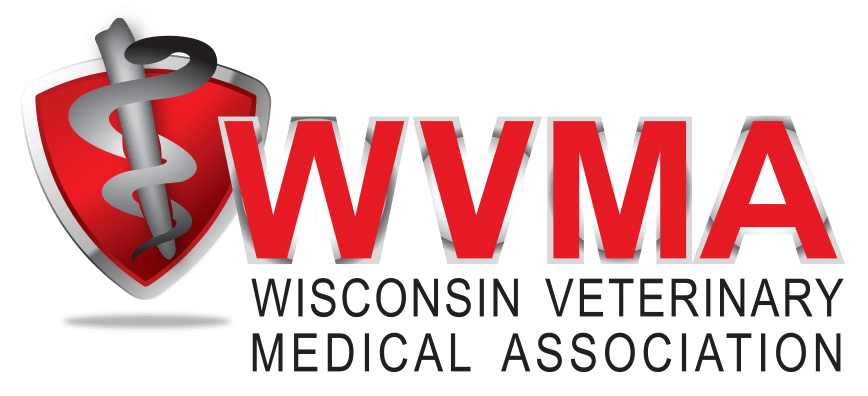By William Gilles, WisCARES director; Elizabeth Alvarez, WisCARES educational director and clinical assistant professor, UW School of Veterinary Medicine; Kelly Schultz, WisCARES veterinarian; and Ruthanne Chun, associate dean for clinical affairs, UW School of Veterinary Medicine
Homelessness, poverty and pet ownership have a complicated relationship that we are only now gaining perspective on as a profession.
Nationally, through its Pets for Life program, the Humane Society of the United States reports that 23 million dogs and cats live with people surviving paycheck to paycheck or in poverty. Locally, the United Way estimates that 41 percent of Dane County families live in this socioeconomic class. According to the American Veterinary Medical Association, at least half of these families own dogs or cats. Recent Point-in-Time surveys of Madison, Wisconsin, document 600 to 800 homeless people sleeping in shelters or encampments, with an estimated 5 to 25 percent of these individuals owning pets.
These pet owners love their animals, and the emotional and physical benefits received from their pets may be one of the few stable and positive things in their lives. Regrettably, the majority of these animals lack regular veterinary medical care.
Beyond pets not receiving care, there are potential animal and public health repercussions, as well as implications for practitioner burnout within the veterinary medical profession. Every practitioner has experienced frustration from an inability to provide urgent or emergent care due to financial constraints. Pressure to help the animal “for free” is enormous. All too frequently, anger at the owner for “creating” the situation is common. Over time, the stress of being unable to provide care for purely financial reasons takes a toll on the veterinarian and his or her staff. In the intersection of accessible veterinary care and education lies a unique opportunity to combat both of these epidemics.
The WisCARES program (Wisconsin Companion Animal Resources, Education, and Social Services) is exploring new models for delivering veterinary medical care for owners who have severe financial constraints. WisCARES is a collaboration between the University of Wisconsin Schools of Veterinary Medicine, Pharmacy and Social Work. This inter-professional program provides social support services, animal boarding and fostering, and veterinary medical care to pets and their owners who are experiencing homelessness or are low-income in Dane County. Students in the aforementioned programs spend time at WisCARES’ full-service clinic throughout their respective curricula and learn from working with
the clients and their animals.
Providing veterinary medical care in a low-resource setting differs vastly from the traditional teaching hospital, with its myriad available referral services. WisCARES’ clientele and patients’ presenting complaints often differ from those typically seen in the teaching hospital. Veterinary medical students must utilize their communication skills, including empathy, to create trust and relationships with their clients. Students lead their cases at
WisCARES, developing confidence in their history taking, physical examination, prioritizing and basic diagnostic skills, because without the availability of advanced diagnostics, they realize that these competencies may be all that they need to help their patient.
Through this experience, students are also exposed to various resources available for the low-income clients in their community. In addition, students debrief with veterinarians and other health professionals. As stated by a participating student: “[WisCARES] gave me the opportunity to learn how to interact with a variety of clients, and I was blown away by how ‘normal’ everyone seemed. It made me think twice before I judged others.” The WisCARES experience engages students with these differences in meaningful ways.
With support from grants, donations, industry partners and the University of Wisconsin, students at WisCARES work under the supervision of a licensed veterinarian to provide care. Fees are structured on a multi-step qualification metric. All WisCARES clients also have access to referral or direct social support services.
By creating new options for accessible care, not only are we improving veterinary medical care and public health, we are also providing training opportunities for students where practical problem-solving is emphasized.
